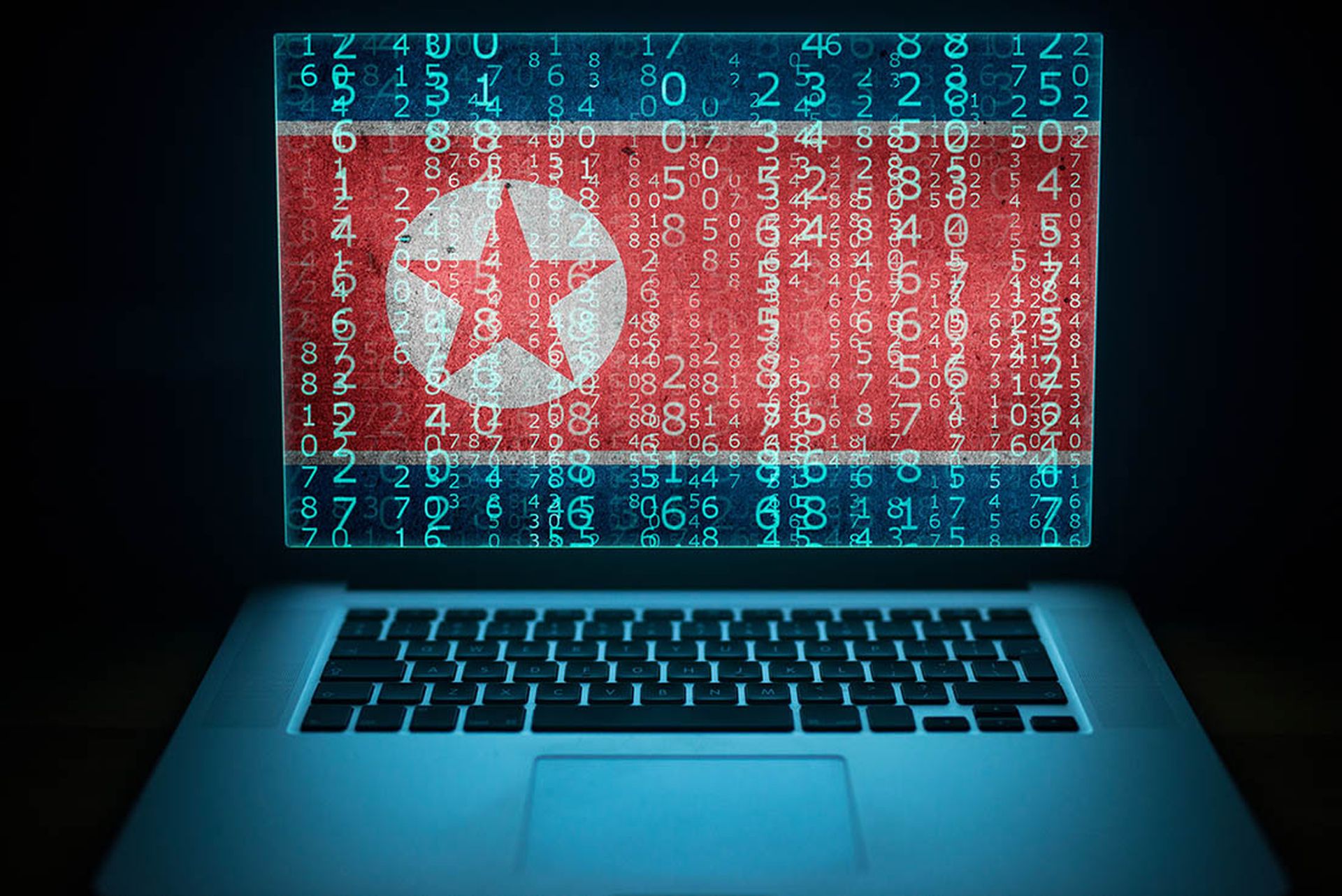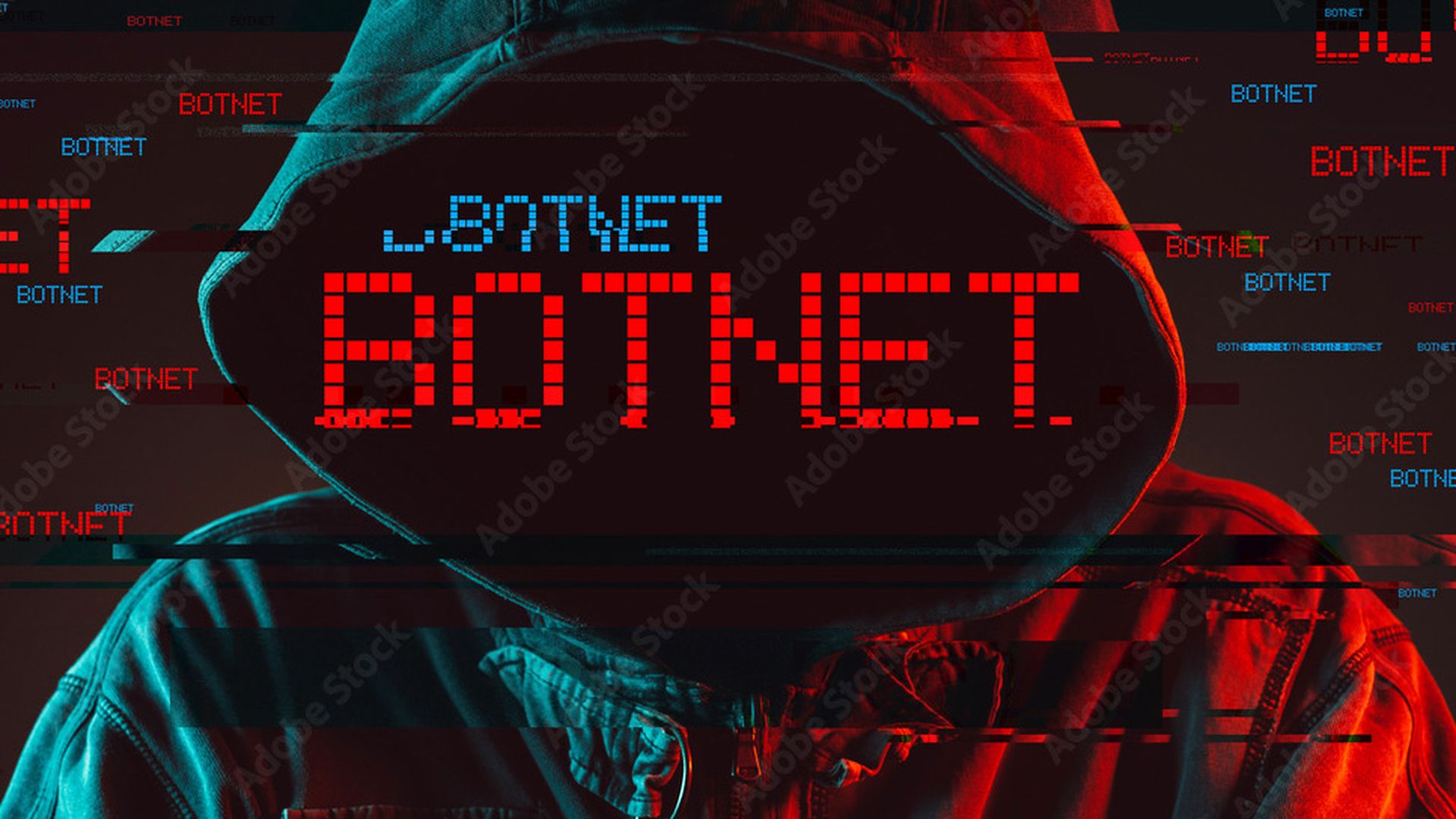Three Eastern Europeans have been indicted on charges they helped orchestrate a bank fraud conspiracy that affected tens of thousands of victims, according to court documents unsealed in New York.
On Wednesday, federal prosecutors announced that Nikita Kuzmin, 25, of Russia, the alleged creator of Gozi, a sophisticated trojan that preys on targeted banking customers to steal their login credentials and other private information, admitted to the hacking and fraud charges. He was arrested in the United States in November 2010 and pleaded guilty six months later.
Meanwhile, indictments were unsealed against Deniss Calovskis, 27, also known as “Miami,” who allegedly wrote parts of Gozi's code and was arrested in November in Latvia, and Mihai Paunescu, 28, who used the online alias “Virus." He was arrested last month in Romania.
Since the trojan first appeared in 2005, federal prosecutors estimate it has infected at least 100,000 computers worldwide, including 25,000 in the United States, causing tens of millions of dollars in losses.
Gozi has been used to steal victims' personal bank account information, such as account numbers, usernames and passwords, while lying undetected on compromised machines. Attackers then used the collected data to fraudulently transfer funds from victims' accounts.
Part of Kuzmin's alleged schemes include renting a module known as “76 Service," an all-in-one offering that allowed other crooks to launch the trojan and steal data. The service included a nifty interface for duping victims into divulging sensitive information.
By 2009, Kuzmin allegedly sold the Gozi source code for at least $50,000 a pop and required buyers provide him with a share of their profits. He was captured the following year.Meanwhile, Calovskis was hired to develop injection code as part of Gozi, which was used to alter the appearance of web pages on banking sites to confuse infected consumers. Victims were often prompted to share information, such as their mother's maiden name, Social Security number, driver's license details and PIN code, in order to access their banking sites. Paunescu allegedly ran a "bulletproof hosting" service, by which he rented servers and IP addresses from legitimate internet service providers (ISPs) with the goal of hiding Gozi's communications.
Kuzmin faces up to 95 years in prison, while Calovskis and Paunescu face at least 60 years.
In recent months, researchers from McAfee and RSA warned consumers that a Russian cyber gang is preparing to infect users with a variant of the Gozi trojan, called, “Prinimalka.” Researchers believe that a fraud scheme to launch malware against customers at 30 U.S. banks is still moving forward, although organizers behind the plot are lying low before they strike this spring.



